June 2025
DRAGENTM v4.4 - Powering a comprehensive genome with accuracy, speed, and ease of use
DRAGEN v4.4 brings multiomics pipelines for new assays including Illumina Single Cell 3’RNA Prep, Illumina Protein Prep and Illumina 5-base solution as well as powerful oncology applications in an easy-to-use package for clinical research. Notably, improvements include a 30% leap in structural variant calling accuracy.
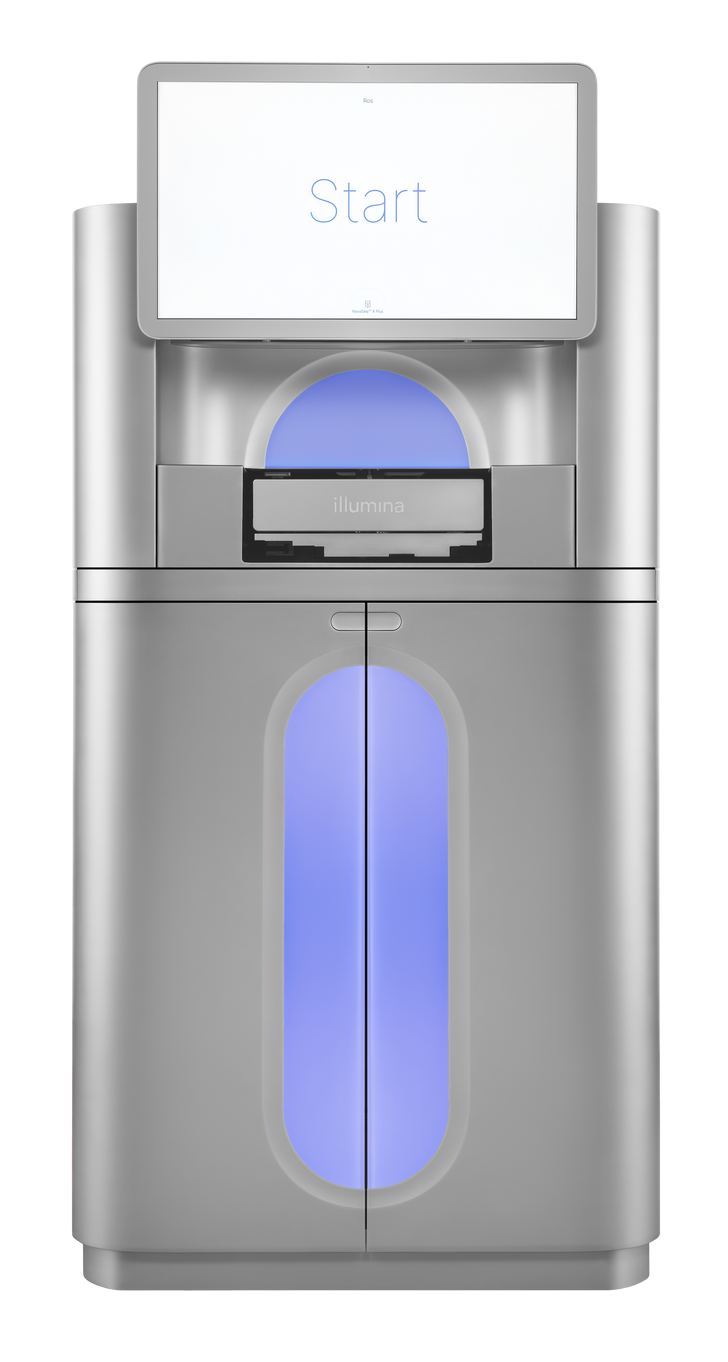


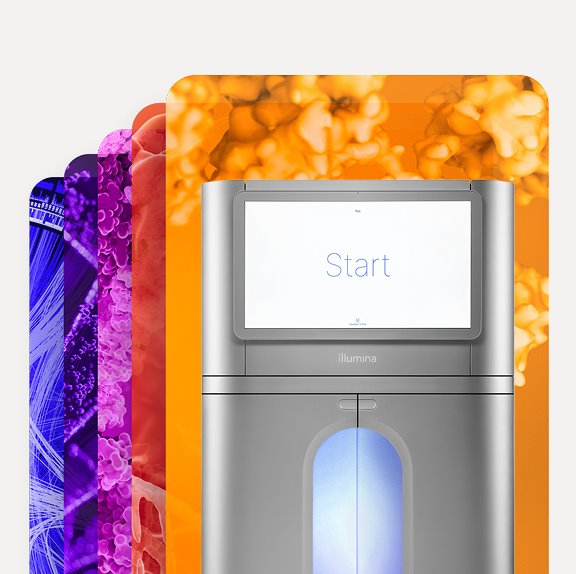
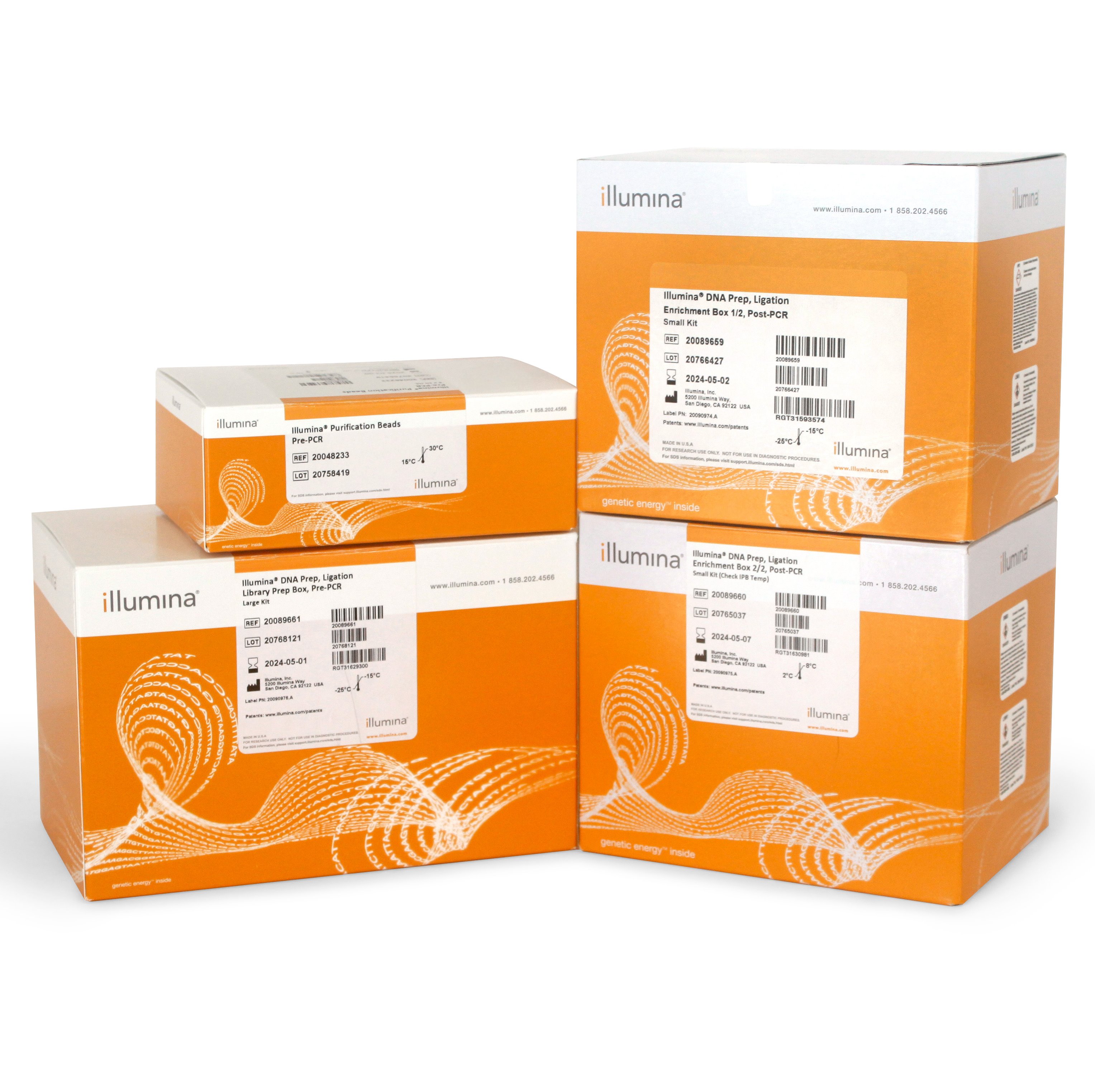

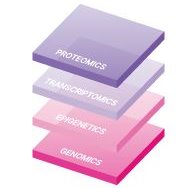
Did you know?
Give me details
Illumina spatial transcriptomics technology* achieves 4x greater resolution than other solutions currently available.
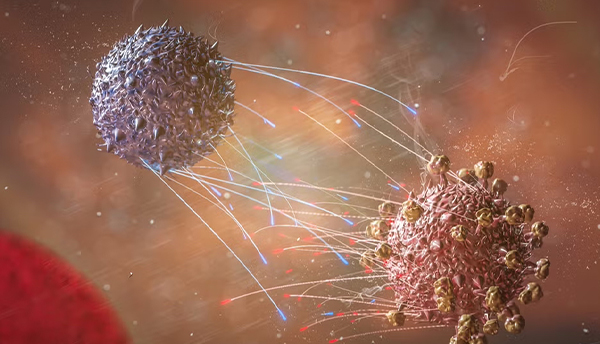
Illumina spatial transcriptomics technology* will support the construction of cell atlas maps for characterization of biological pathways and disease mechanisms. The scale of this unbiased whole-transcriptome profiling with cellular resolution enables research studies that were previously considered unfeasible.
*Planned for commercial release in 2026
What is the function of PromoterAI, the groundbreaking new deep learning algorithm?

PromoterAI is the new deep learning algorithm, developed by Illumina Artificial Intelligence Laboratory, that identifies potential disease-causing variants within “promoter” sequences in the human genome.
This algorithm will empower clinical researchers to better understand the causes of rare genetic diseases and cancer and drive the discovery of novel therapeutic targets in biobank-scale cohorts.
Innovations to enable multiomics
1
TGen study uses Illumina Spatial Technology to characterize dysregulation in pulmonary fibrosis
TGen study uses Illumina Spatial Technology to characterize dysregulation in pulmonary fibrosis
Early access user, Dr. Nicholas Banovich of Translational Genomics Research Institute (TGen) describes how the high sensitivity and large capture area of Illumina spatial technology has provided new insights for his research in pulmonary fibrosis contributing to a model of epithelial remodeling in the disease.
Decode DNA and methylation together with the Illumina 5-base solution
Fiona Kaper, VP and Head of Assay R&D at Illumina, discusses the innovative 5-base solution that simplifies and scales multiomic analysis. Discover how Illumina 5-base chemistry enables dual genomic and epigenomic insights in one assay, providing genetic variant and DNA methylation data with exceptional accuracy, simplicity, and scale.
Multiomics in action
Publication highlights from the research community
Transcriptomics
Single-cell
Genomics
YY1 mutations disrupt corticogenesis through a cell type specific rewiring of cell-autonomous and non-cell-autonomous transcriptional programs
The group of Giuseppe Testa, at Human Technopole in Milan, in collaboration with other research teams around the world, have published results from a study using advanced stem cell models to characterize cellular and molecular changes underlying Gabriele-de Vries Syndrome (GADEVS), a rare neurodevelopmental disorder. Their study demonstrated how YY1 mutations cause developmental defects at cellular, structural, and molecular levels, opening a path to identify potential therapeutic targets that may be applicable in other neurodevelopmental disorders.
Learn more about Illumina Stranded mRNA Prep
Transcriptomics
Single-cell
Genomics
Deciphering the longitudinal trajectories of glioblastoma ecosystems by integrative single-cell genomics
Using single-cell genomics, scientists collaborating across multiple countries published new insights on potential treatments for glioblastoma (GBM), an incurable brain tumor that exhibits high recurrence after treatment. In this comprehensive analysis of GBM at single-cell resolution, recurrence trajectories showed high diversity. Their results indicate that specific transcriptional trajectories could be assigned to subsets of tumors for more defined stratification of recurrence and potentially opens the path to future specific treatment strategies.
Learn about Illumina single-cell RNA-sequencing solution
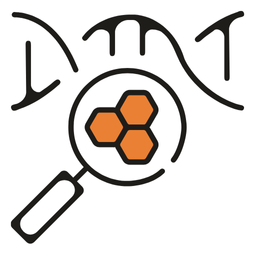
Transcriptomics
Single-cell
Genomics
Tumor-Infiltrating Clonal Hematopoiesis
Using samples from TRACERx and MSK-IMPACT cohorts, scientists from cancer research institutes in France, Netherlands, UK, and New York, published this study which characterizes tumor-infiltrating clonal hematopoiesis (TI-CH) where clonal hematopoiesis of indeterminate potential (CHIP) mutations with high variant-allele frequencies can be detected in tumors. Findings from the study show that TI-CH remodeled the tumor immune microenvironment and accelerated tumor organoid growth, indicating increased risk of recurrence or death for non–small-cell lung cancer (NSCLC) patients.
Learn about Illumina solutions for comprehensive genomic profiling

Educational resources to learn more
Epigenetics: the full picture
Epigenetics: the full picture
Register now to access the on-demand recordings from Epigenetics: the full picture 2025. Highlights from our 6th edition include presentations on epigenetics in diabetes, obesity, cancer research and animal health.